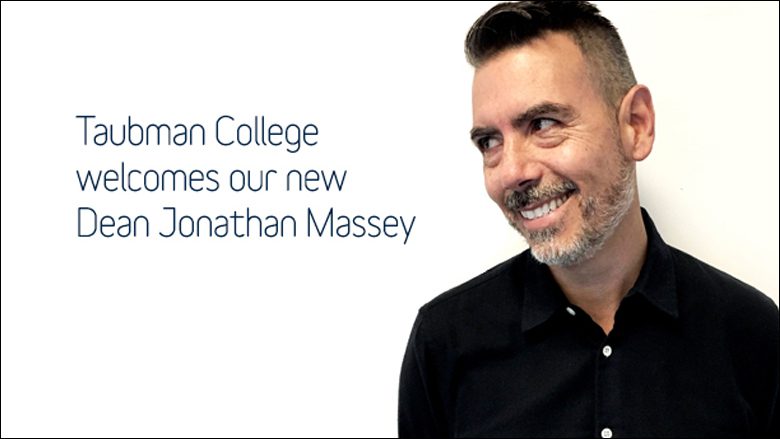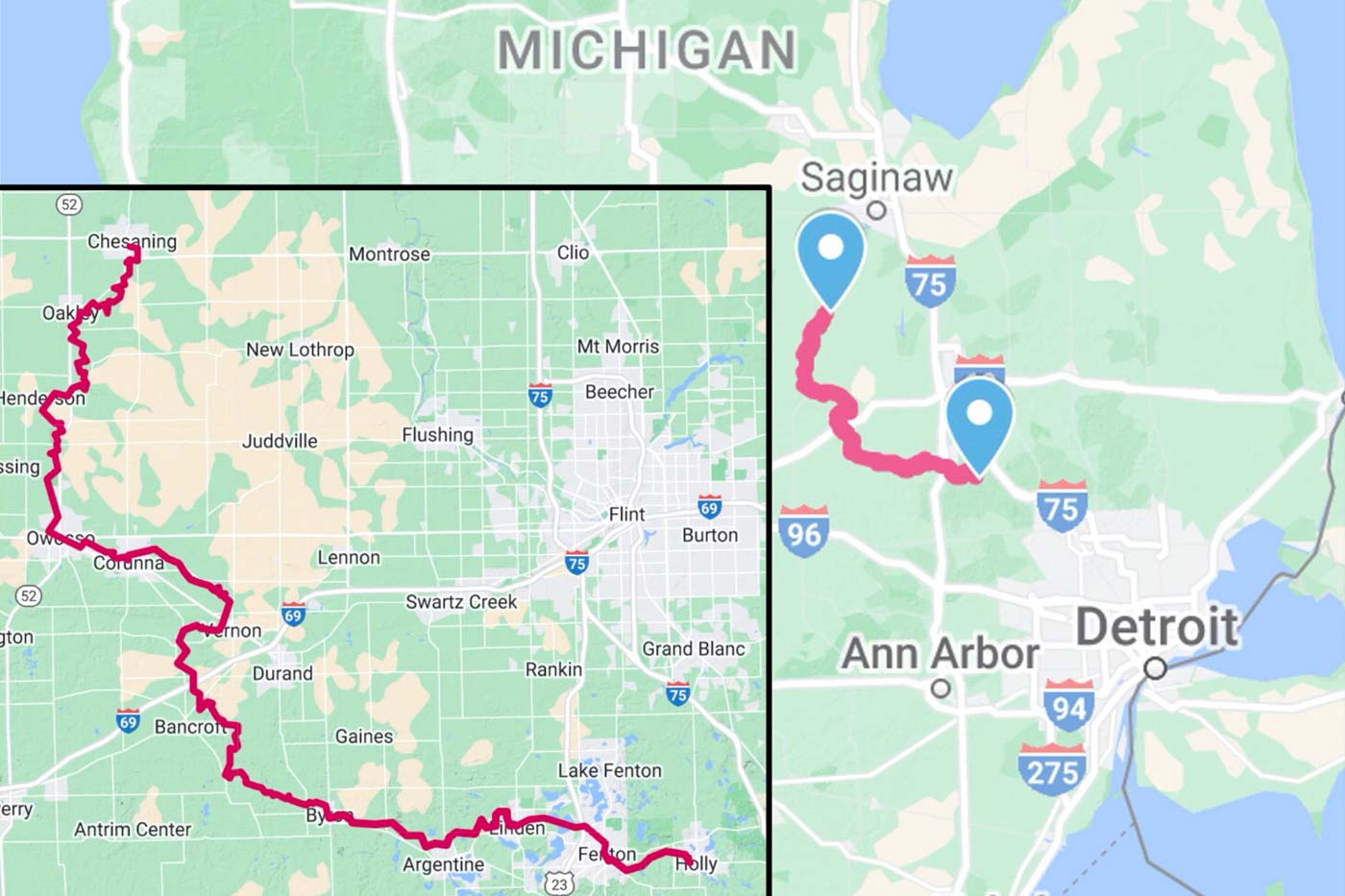
Jonathan Massey Named Dean of Taubman College
Jonathan Massey Named Dean of Taubman College
Kim Broekhuizen, University of Michigan Public Affairs
May 18, 2017
Jonathan Massey, dean of architecture and professor at California College of the Arts, will serve as the next dean of the University of Michigan Taubman College of Architecture and Urban Planning.
His appointment, approved Thursday by the Board of Regents, is effective Aug. 1 and runs through June 30, 2022.
Massey also was appointed professor of architecture with tenure. He follows Dean Monica Ponce de Leon, who left U-M in 2015 to become the architecture dean at Princeton, and Robert Fishman, professor of architecture and urban planning, who has served as interim dean since Jan. 1, 2016.
“Jonathan is a leader in thinking critically and creatively about the relationship between the built environment and political, social and economic change. His work connects the theories and practices of architecture, design and urban planning in imaginative yet practical ways,” said Interim Provost and Executive Vice President Paul N. Courant.
“This rich combination of interests has led to path-breaking research, outstanding teaching, and deep community engagement. With his vision and leadership, Taubman College will enhance and expand its contributions to the University’s mission of teaching, research and service.”
Massey earned a Bachelor of Arts degree, summa cum laude, from Princeton University. He earned Master of Architecture degree from the University of California, Los Angeles, and his doctoral degree in history and theory of architecture from Princeton University.
“Taubman College has excelled by taking Detroit, the Great Lakes region and other sites around the globe as frameworks for research on the challenges and opportunities posed by processes of modernization,” said Massey.
“I am excited to work with U-M students, faculty and staff to generate architecture and planning strategies that expand economic opportunity, increase equitable access to resources, design better health and create the operating system for smart cities.”
Massey has worked for architecture firms including Frank O. Gehry and Associates, now Gehry Partners. From 1994-2001 he taught at several universities and schools including Barnard College, Parsons School of Design and Pratt Institute.
In 2001, he joined the School of Architecture at Syracuse University as an assistant professor, rising to associate professor in 2007. He then served as chair of the Bachelor of Architecture program until 2011. In 2012, he was named the Laura J. and L. Douglas Meredith Professor for Teaching Excellence. Massey was also active in university governance, co-chairing the LGBT Concerns Committee and chairing the Agenda Committee of the University Senate.
He left Syracuse University in 2014 to become dean of architecture and professor at California College of the Arts in San Francisco.
During his time at California College of the Arts, Massey led the Architecture Division to new levels of accomplishment and recognition. The division created a new design research lab, launched a new teaching project, and reoriented a lecture series and other public programs. Faculty and students earned high levels of recognition through awards for teaching and design.
An accomplished scholar and intellectual leader, Massey shows how the built environment forms civil society, regulates consumption, and mediates politics. By focusing also on the ways architecture and urban planning are studied and taught, he has won awards, distinction and funding. He is the author of the book, Crystal and Arabesque: Claude Bragdon, Ornament, and Modern Architecture.
At Syracuse University, he was the co-principal investigator for the Transdisciplinary Media Studio, a funded three-year project using digital media to sponsor transdisciplinary studio-based learning. As a member of the Global Architectural History Teaching Collaborative he joins colleagues in developing knowledge and pedagogy for both practice and education.
In 2006, Massey co-founded the Aggregate Architectural History Collaborative, a team of scholars focused on how buildings shape processes of political, economic and social transformation. Through “Aggregate” he is recognized as mentoring some of the field’s best emerging scholars. He also is the co-editor of the online journal, The Aggregate Website.









